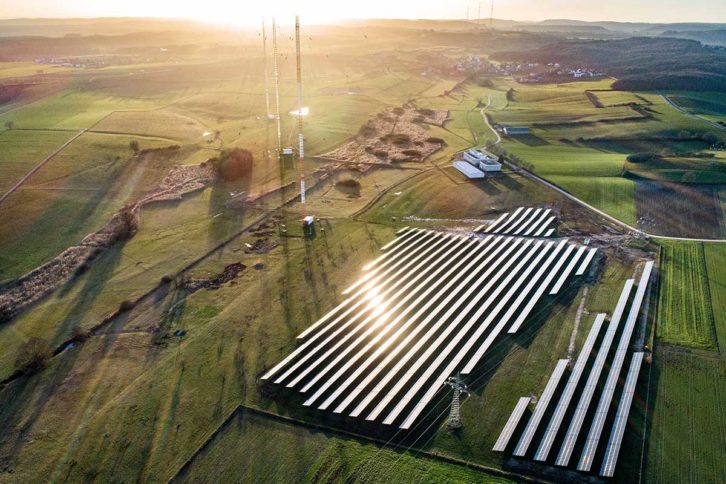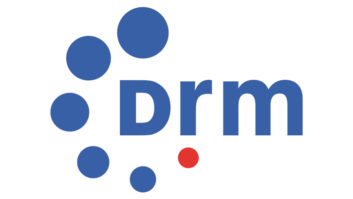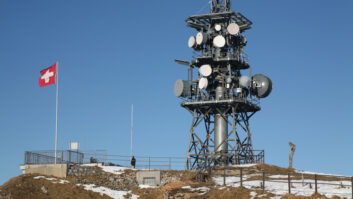
Faced with rising costs and concerns about the environmental impact of energy use, Groupe M6 announced plans for its station RTL to stop broadcasting on longwave by January 1, 2023.
“Faced with the energy crisis, energy sobriety actions were necessary,” according to the station. “Energy sobriety,” or sobriété énergétique in French, is one of the four pillars France’s new energy strategy designed to reduce French energy use by 10% of 2019 levels over the next two years. Specifically, “energy sobriety” is a call to reduce energy consumption.
The broadcaster compared the electricity required for its longwave broadcasts to the average annual energy consumption of 3,000 French people.
This is not the first move RTL has made to address the carbon footprint of its operations. In 2019, the RTL Group announced an agreement with Luxembourgish energy company Enovos to install 23,400 solar panels at its Junglinster and Beidweiler transmission sites in Luxembourg.
The first wave of panels went into operation in 2020 with a second section of solar panels at Beidweiler completed in 2021. Today, more than 29,000 panels at the two sites produce 10.5 gigawatt hours of electricity annually, according to Enovos, making it the largest solar generation facility in the country.
[Read more of our coverage of radio around the world.]
According to Broadcasting Center Europe Marketing Manager Laurent Seve, long-, medium-, and shortwave operations at the 7.1-acre Beidweiler site will be transferred to Junglinster. The towers will be removed and solar generation capabilities will be “progressively extended.”
This work is currently scheduled to occur over the course of 2023. BCE, part of the RTL Group, manages operations at Beidweiler and Junglinster.
In explaining its longwave exit, RTL also stated that listenership to the channel’s longwave broadcasts were “marginal,” in part because support for the longwave reception is less common in modern receivers. RTL urged listeners to tune to the channel’s FM broadcasts or its digital streams via the Internet, apps, or smart speakers. The company also noted it has been “gradually rolling out” DAB+ service since 2020.
RTL has operated on longwave since 1933, broadcasting until 1966 as Radio Luxembourg from transmitters in Junglinster. In 1966, it rebranded as RTL, and in 1972 the station began broadcasting from a new site at Beidweiler with three 290-meter-high transmission towers.
The decision to exit longwave comes just weeks after the German RTL Group, a division of Bertlesmann, announced it would retain its controlling interest in Groupe M6. The company had previously sought to merge M6 with French broadcaster TF1, but in late September the companies abandoned the deal over French competition authorities’ concerns that a combined TF1–M6 would control more than 70 percent of the French free-to-air television advertising market.
RTL was the last remaining French commercial broadcaster on longwave. France Inter ended its longwave broadcasts in 2017 followed by Europe 1 in 2019 and RMC in 2020.







